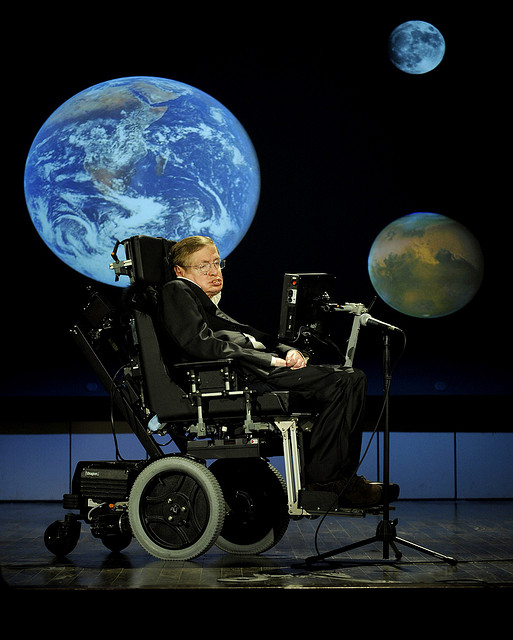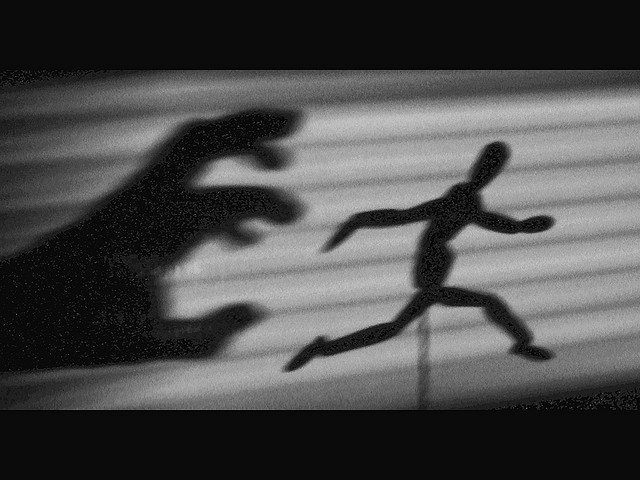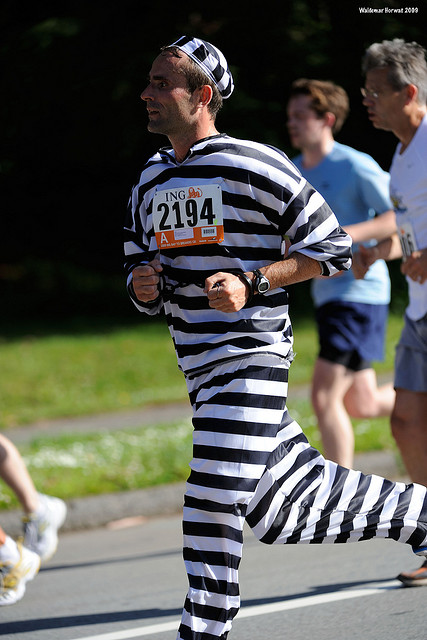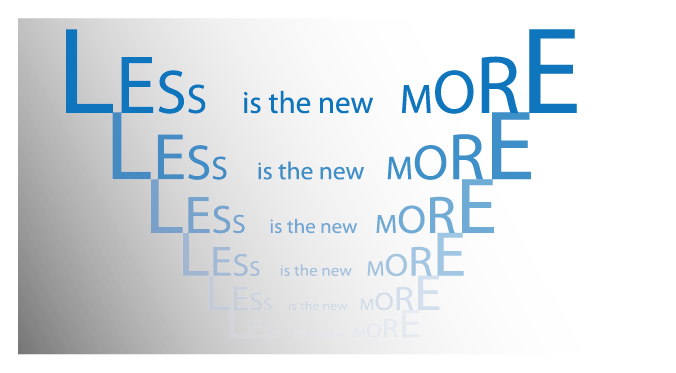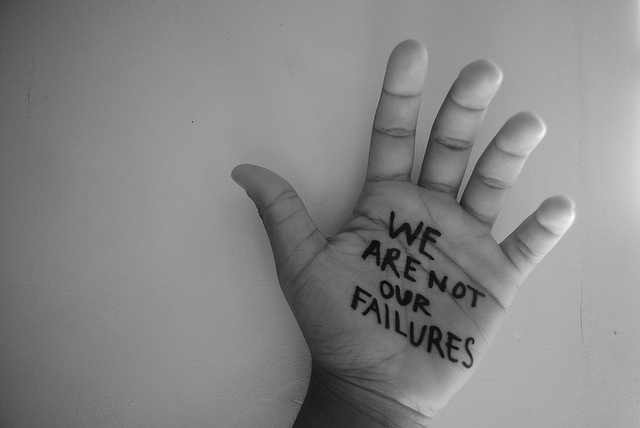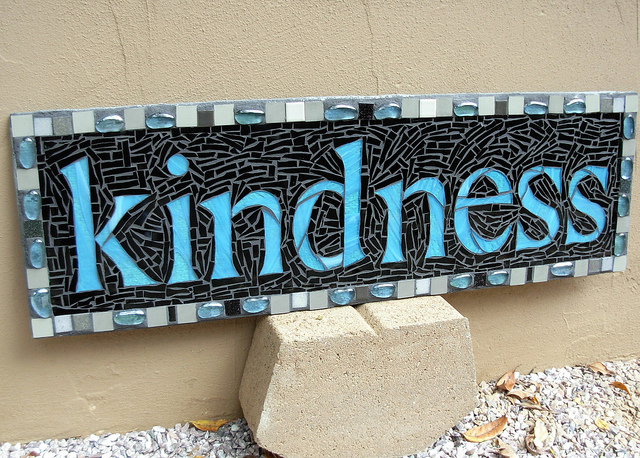“Do one thing each day that scares you.”
—Eleanor Roosevelt, longest-serving First Lady of the United States

Photo from Flickr by Nikki Collett
I’m not a big fan of being scared. I don’t care for heights, roller coasters are not on my list of fun activities, and I’m unlikely to go to scary movies. Why are such activities so popular with many people?
Facing my fears gives me a booster shot of “Aliveness.” When I examine the fears I held as I entered and pursued my career in coaching, these things happened:
- I resigned from the stability of a Fortune 500 Company, without a salary to support myself, my wife, and my two young children.
- I spent three months networking and reaching out to people I did not know, with no tangible results.
- I gave many talks and speeches (public speaking is one of most people’s fears) to numerous groups to create awareness of my services.
- I tapped into savings to secure an office instead of working from home to save money.
EXERCISE:
What one thing will you do today that scares you and will help you achieve an authentic goal and fulfill more of your highest potential?

